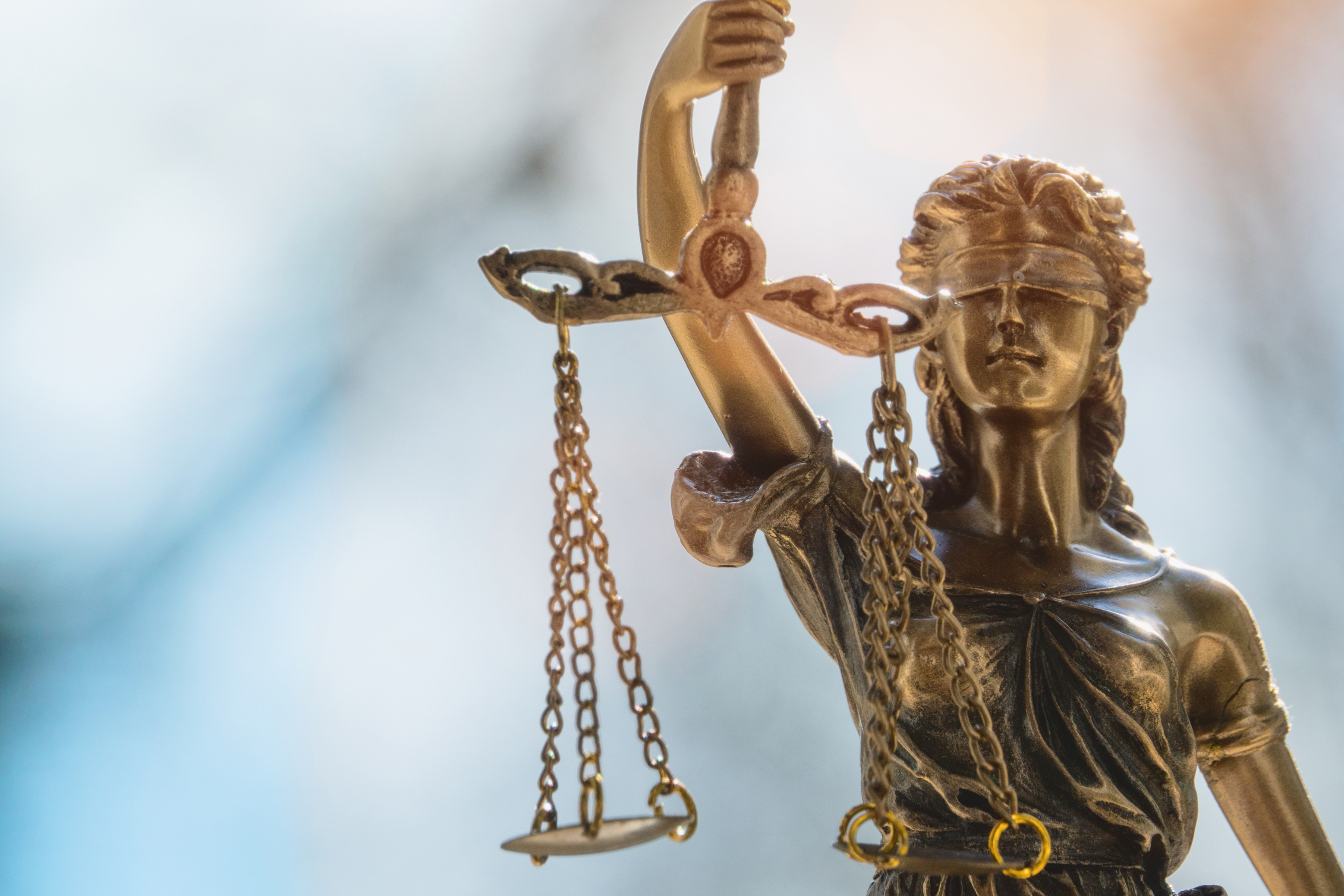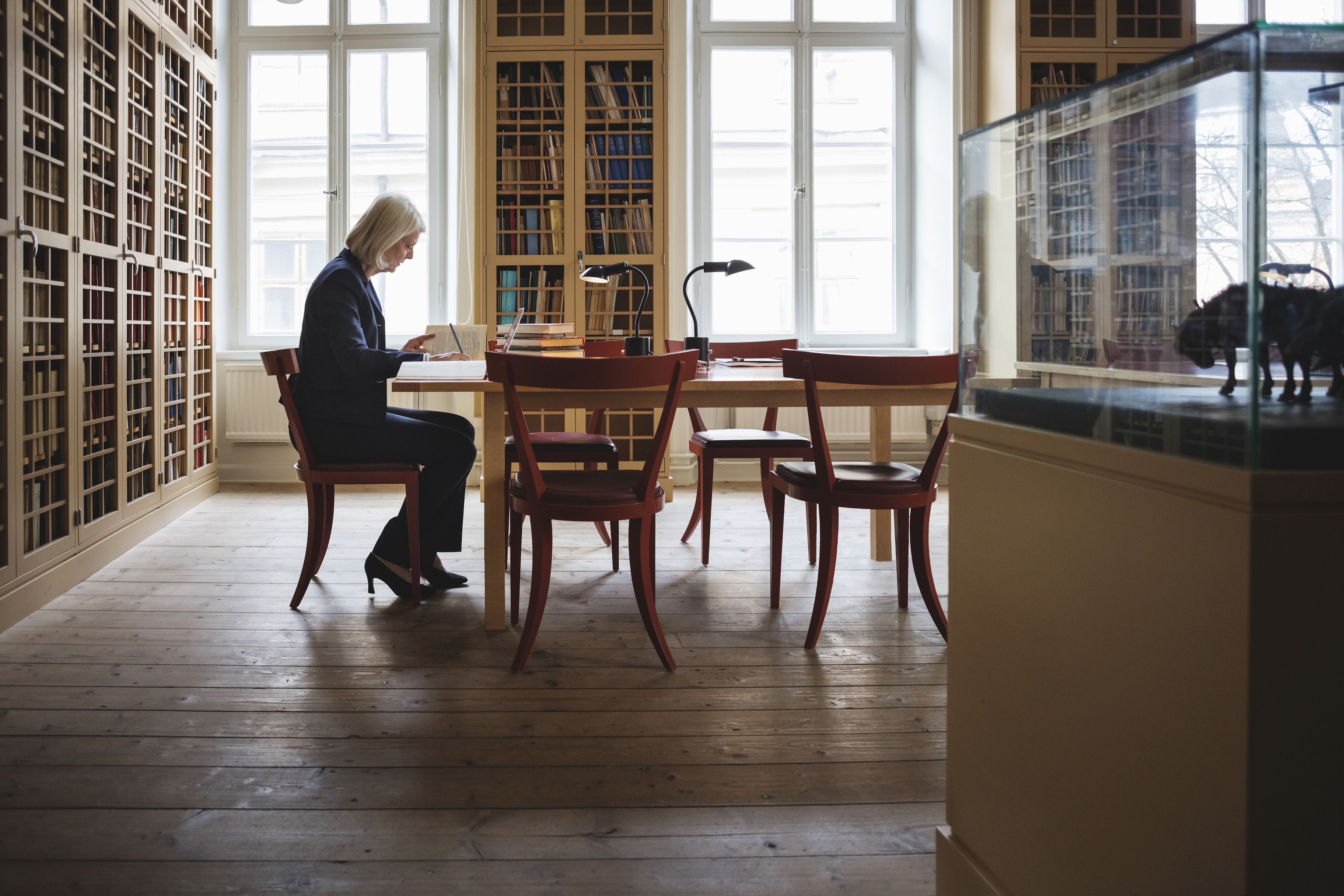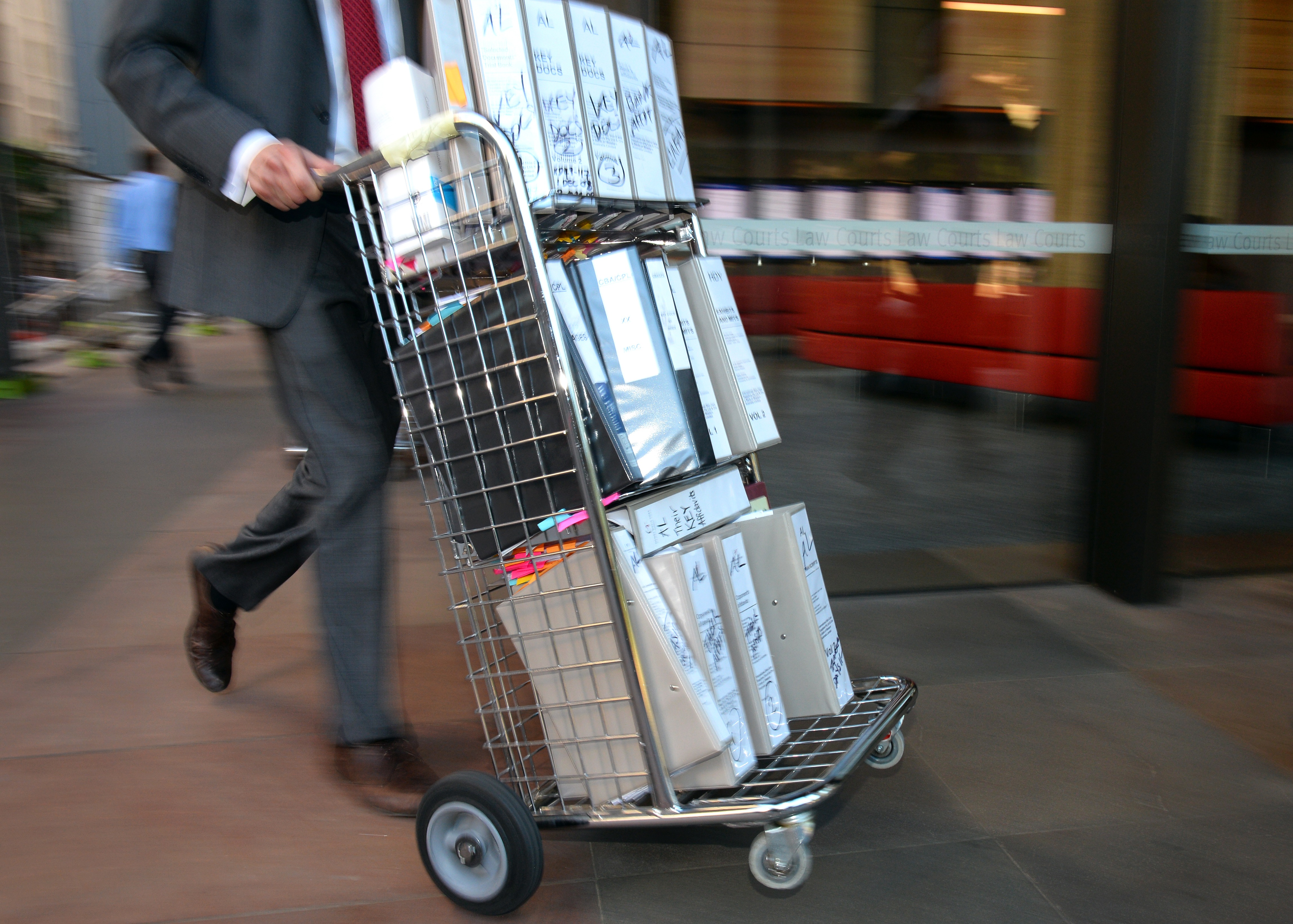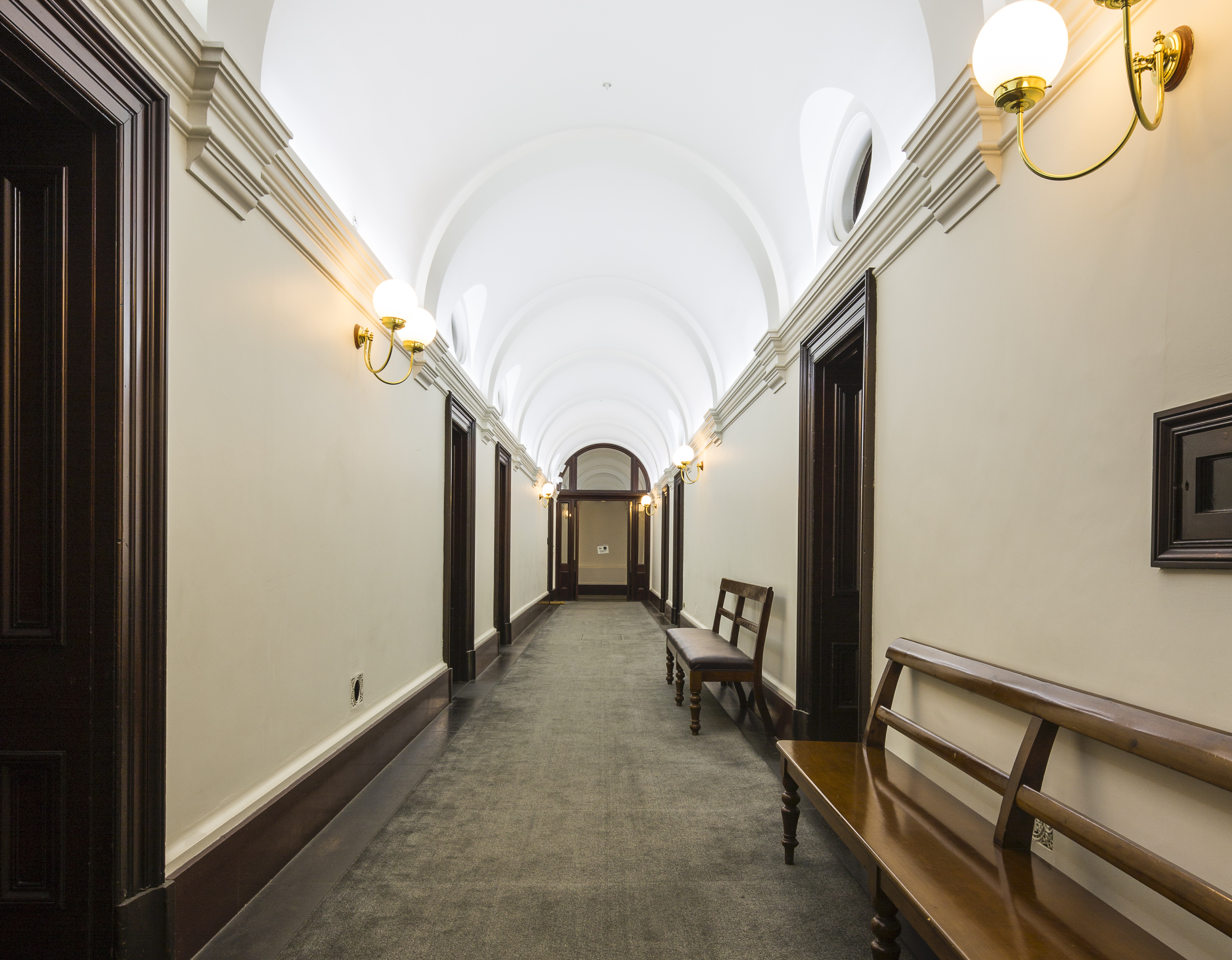
Judicial stress falls heaviest on magistrates

Following up evidence of distress and burnout in the judiciary, research finds that stress affects magistrates the most, exacerbated by social isolation and a lack of autonomy
Published 25 May 2021
High stress levels among Australia’s judges and magistrates were once described by former Justice of the High Court of Australia, Michael Kirby, as an “unmentionable topic”.
Given the difficulty and importance of the job, this historical failure to acknowledge stress more openly among the judiciary is perhaps not surprising. These are the men and women charged with upholding and safe guarding the rule of law in our society.

They have to work in an environment of conflict and disagreement, often involving distressed, frightened and traumatised people while having to deal with dishonesty, tragedy, violence and abuse. And it is high stakes. Their decisions can invalidate laws, send businesses into liquidation, or put people in prison.
However, as past research has shown, the judiciary often work in isolation, under intense scrutiny, and historically at least have operated within a culture that has dismissed emotion and stress.

But in the past five years the occupational health and wellbeing of our judiciary has rightly become a public issue. The tragic suicides of two Victorian magistrates in 2017 and 2018 prompted widespread national concern.
My own survey research published in 2019, and carried out with the support of the Judicial College of Victoria, provided the first empirical data on the psychological impact of judicial work, finding that the judiciary does indeed have a stress problem.
While the psychological survey of 152 judicial officers across five courts was reassuring, in that symptoms of mental illness like depression and anxiety were in line with the general population, it did show elevated levels of general psychological distress and burnout – about three quarters of participants had scores indicating risk of burnout.
It also found that almost a third were experiencing moderate to severe symptoms of secondary traumatic stress consistent with Post Traumatic Stress Disorder (PTSD). Secondary traumatic stress is the distress people can experience when working with traumatic material and traumatised people rather than directly experiencing trauma.

In an effort to better understand what can be done to reduce stress among the judiciary, I’ve further analysed the survey data to identify which judicial officers are most stressed and why. The findings, published in Psychiatry Psychology and Law, confirms empirically that it is judicial officers in lower courts – magistrates – that are under the most stress.
Compared with judges, magistrates reported significantly higher levels of general distress, anxiety, clinically significant stress and burnout exhaustion.

Health & Medicine
Victorian kids’ mental health hit hardest during 2020
It also showed that magistrates were significantly more likely to be dissatisfied with what psychological research has identified as our three Basic Psychological Needs – feelings of autonomy or the scope to be ourselves, the need to feel competent and therefore confident, and the need for genuine social connection or relatedness.
These three broad needs – autonomy, competence and relatedness – have been described as “essential nutriments” for psychological health and well-being.
For example, a major US study of over 6,000 lawyers (including 141 judges) found that the biggest driver of happiness among participants was the satisfaction of these three basic needs, while indicators of status and success had a relatively minor impact on happiness.
Of these three, my research found that it was a lack of autonomy and relatedness that was most weighing on magistrates in the study. In particular, those judicial officers who reported experiencing closer and more trusting relationships at work were measurably less stressed than others.

This may lend weight to common reports that isolation is a particular problem for judicial officers. Upon appointment, judicial officers are necessarily isolated from former colleagues who may now appear before them, and even from their new colleagues as they hear cases and make decisions independently of each other.
The results appear to corroborate commentary that magistrates face particular pressures because of higher caseloads and more intense time pressure.

Health & Medicine
Building togetherness in the face of disaster
They also face greater unpredictability in the number and type of cases they face day to day, as well as more repetitive and routine decision-making tasks. At the same time they work with less administrative support, and have to deal with more self-represented parties and less prepared lawyers.
In criminal matters magistrates also have to carry the burden of both verdict and sentencing while trial judges accept a jury verdict and are responsible only for sentencing.
Interestingly, there was no association between stress and practice area (i.e. the type of cases heard), despite other research showing greater stress – especially secondary trauma – among criminal, juvenile and family law practitioners.
Similarly, the survey results showed no association between stress and gender despite a weight of evidence that stress levels within the legal profession are generally higher among women.

Whether these findings hold true for other courts in Australia and overseas would require a national study of judicial stress and comparative international research.
But the finding that lower levels of autonomy and relatedness are driving significantly higher stress levels for magistrates in particular, should strengthen arguments that more occupational and wellbeing support is needed in these courts.
Judicial leaders need to ensure there are practices and systems in place to foster “autonomy-supportive” social contexts, providing for greater choice and initiative and acknowledging the perspective of those they are leading.

Health & Medicine
Transforming mental health care through lived experience
Importantly, autonomy satisfaction is dependent on manageable workloads, with sufficient and regular time for recovery. In the high-volume, lower courts, workload management is particularly challenging – especially with the COVID-19 backlog – and may have implications for the institutional resourcing of the courts.
Fostering relatedness could involve a range of initiatives directed at promoting belonging and authentic connections – particularly for new appointees. These could include embedding peer support or reflective practices, as well as education focused on the human dimension of judging.
Just like all of us, judicial officers need authenticity, autonomy, close relationships, and supportive leadership and administration in order to thrive. My research confirms that experiences of belonging and social connection are crucial to judicial wellbeing.
These are people we call on daily to help safeguard justice. We need to ensure we are safeguarding them.
If you or anyone you know needs help or support, you can call Lifeline on 13 11 14.
Banner: Getty Images
